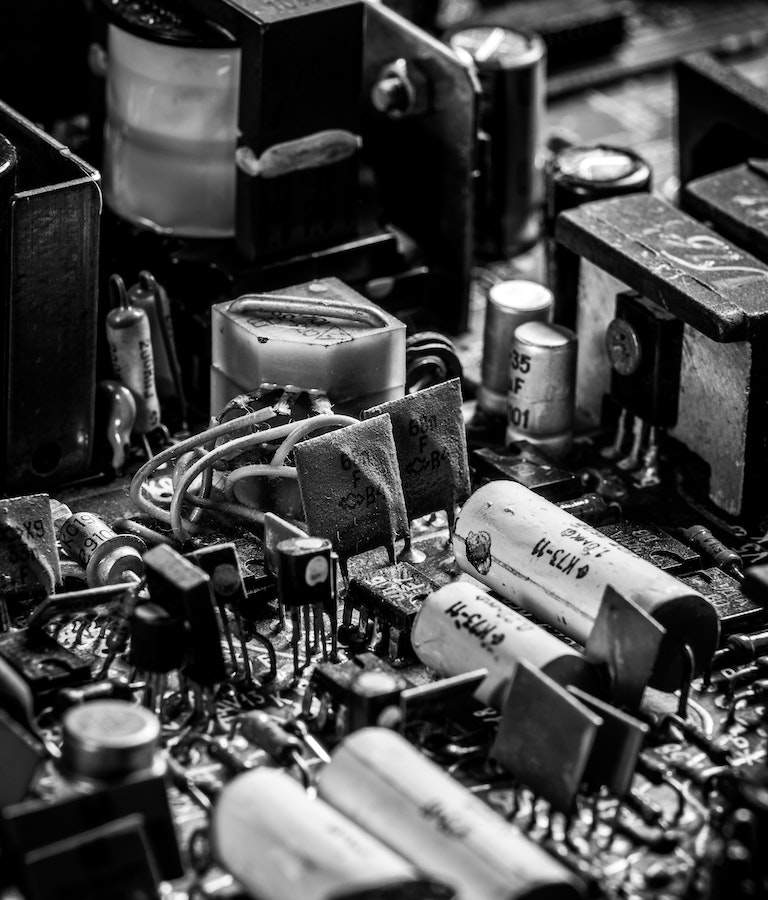In today’s technologically advanced world, the demand for electronic devices and equipment has soared. However, with this surge comes the challenge of mitigating electromagnetic interference (EMI) and radio frequency interference (RFI) that can adversely affect the performance of these devices. In this article, we will explore the concept of RFI filters, also known as EMI filters, and understand their role in reducing unwanted electrical noise to ensure optimal functioning of electronic systems.
What are RFI Filters | EMI Filters?
RFI filters, or electromagnetic interference filters, are specialized devices designed to suppress and filter out unwanted electrical noise generated by various sources. They are primarily used in electronic circuits, power supplies, and equipment to protect sensitive components and systems from the detrimental effects of EMI and RFI.
The Importance of RFI Filters | EMI Filters:
Minimizing Interference: RFI filters play a crucial role in reducing the impact of EMI and RFI on electronic devices. They act as a barrier, preventing unwanted noise from infiltrating the circuitry and disrupting signals.
Enhancing Performance: By effectively filtering out EMI and RFI, these filters help maintain signal integrity and reduce the chances of data corruption or signal degradation. This, in turn, improves the overall performance and reliability of electronic systems.
Regulatory Compliance: Many industries, such as medical, aerospace, and automotive, have strict regulations in place to ensure electromagnetic compatibility (EMC). RFI filters assist in meeting these compliance standards by attenuating interference and ensuring electromagnetic emissions are within acceptable limits.
Protecting Sensitive Components: Electronic devices often consist of delicate components susceptible to damage caused by electrical noise. RFI filters safeguard these components from potential harm, prolonging their lifespan and reducing the risk of costly repairs or replacements.
Implementing RFI Filters | EMI Filters:
When incorporating RFI filters into electronic systems, it is essential to consider the following:
Application-Specific Filters: Different applications require specific types of RFI filters tailored to their unique needs. Whether it’s power lines, data lines, or printed circuit boards, selecting the appropriate filter is crucial for optimal performance.
Frequency Range: EMI and RFI exist across a broad spectrum of frequencies. Choosing filters that cover the desired frequency range ensures comprehensive noise reduction.
Placement and Configuration: Proper placement and configuration of RFI filters are vital for effective noise suppression. Identifying the noise source and strategically positioning the filters can significantly enhance their performance.
Conclusion:
RFI filters, or EMI filters, are indispensable components in today’s electronic landscape. By effectively mitigating electromagnetic and radio frequency interference, these filters safeguard sensitive devices, enhance performance, and ensure regulatory compliance. Integrating the right RFI filters into electronic systems is a proactive step towards achieving optimal electrical performance and reliability in the face of ever-increasing EMI challenges.




